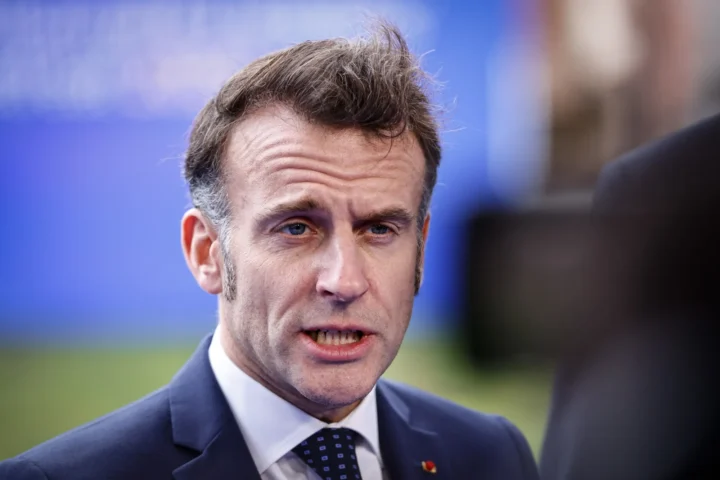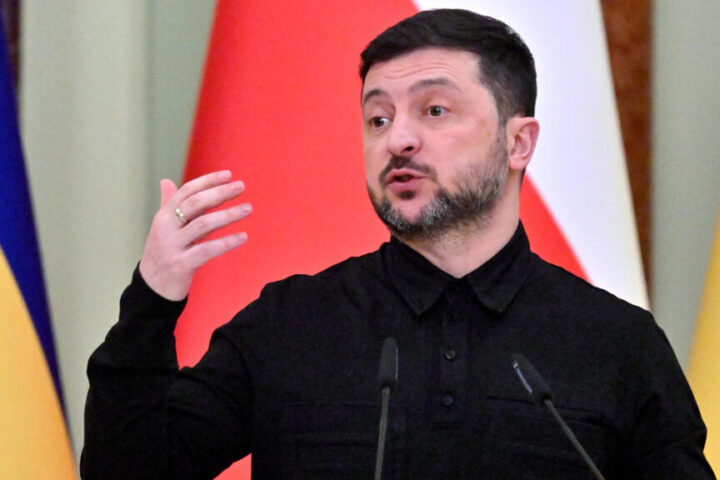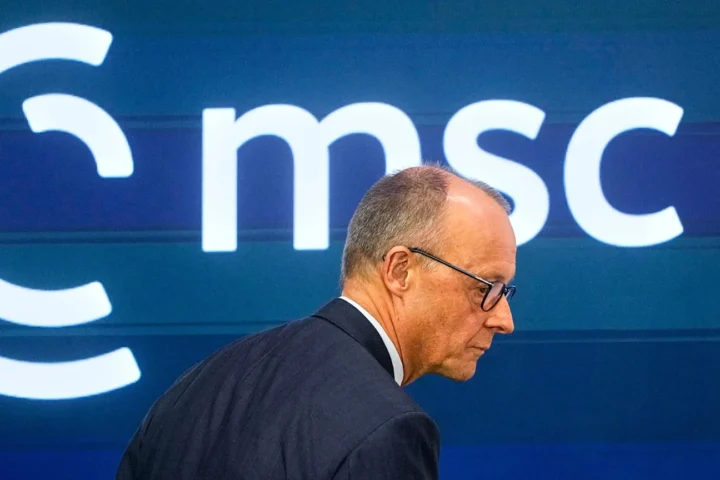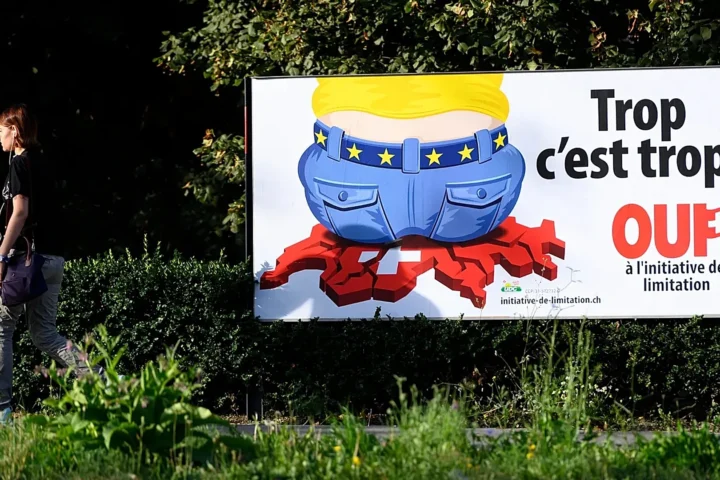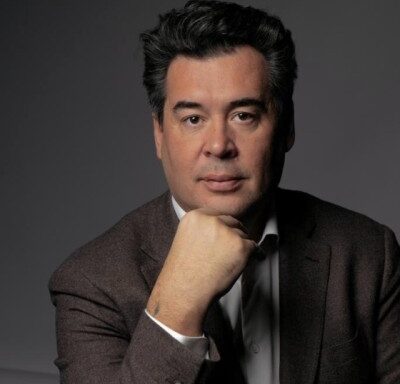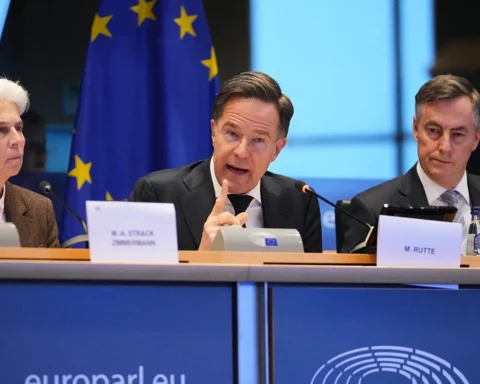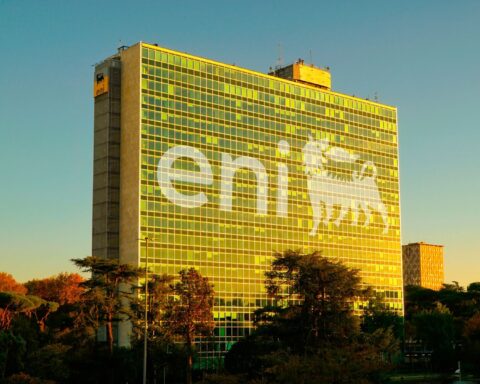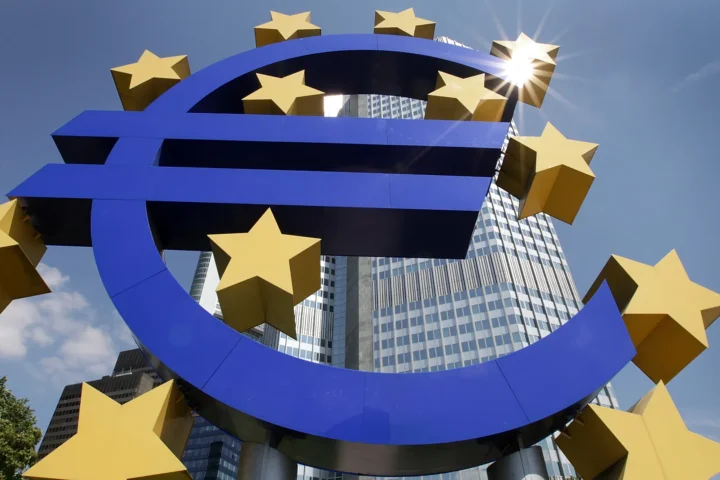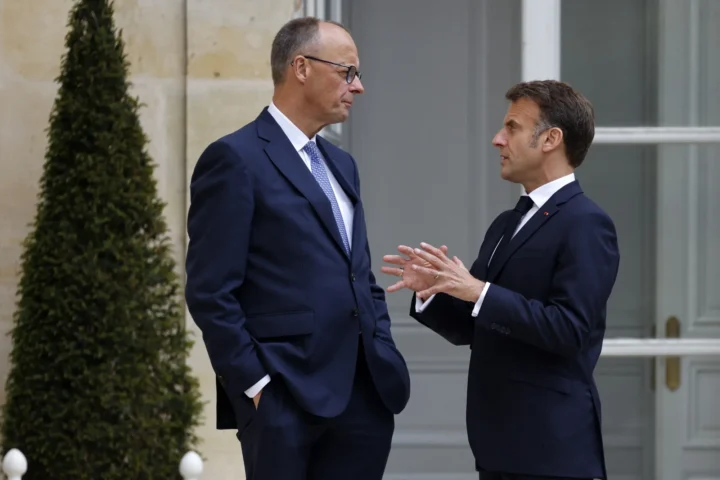As negotiations intensify over the future direction of the EU’s finances, Members of the European Parliament (MEPs) and political groups across the chamber are voicing strong and diverse demands for how the EU budget should evolve. At the heart of the debate lies the desire to align spending priorities with pressing geopolitical, environmental, and economic challenges.
1. Increased Strategic Autonomy
Several parliamentary groups are calling for more investment in EU strategic autonomy, particularly in energy, defense, and advanced technologies. MEPs from the European People’s Party (EPP) and Renew Europe argue that the EU must reduce its dependency on foreign powers and build up its industrial and defense capacities in the wake of global instability and the war in Ukraine.
2. More Funds for Green Transition and Digitalization
The Greens/EFA and parts of the Socialists and Democrats (S&D) insist that the EU budget must aggressively support the Green Deal. This includes bolstering renewable energy, clean transport, and circular economy initiatives. At the same time, there’s a push to increase funding for digital infrastructure and research under Horizon Europe to keep the bloc competitive.
3. Support for Agriculture and Cohesion
Traditional priorities like agriculture and cohesion funds remain critical for many MEPs, especially from southern and eastern member states. The European Conservatives and Reformists (ECR) and some in the Identity and Democracy (ID) group argue that rural regions and farmers must not be left behind in the green transition, calling for more tailored support.
4. Social Protection and Resilience
MEPs from the Left and S&D emphasize the importance of using the EU budget to protect vulnerable citizens from inflation and cost-of-living pressures. They advocate for expanded funding for social housing, healthcare, education, and youth programs like Erasmus+.
5. Flexibility and Crisis Response
The COVID-19 pandemic and the war in Ukraine have revealed the need for more flexible and responsive EU funding tools. There is a broad consensus among parliamentary groups on the need to reinforce the EU’s ability to respond quickly to crises—whether they are health-related, military, or economic.
6. Budget Reform and Own Resources
Many MEPs are urging a reform of the EU’s financing structure, pushing for new “own resources” (EU-level taxes) to fund priorities without overburdening national contributions. Proposals include taxes on digital giants, carbon border adjustments, and financial transactions.
7. More Accountability and Rule of Law
Parliamentary groups across the spectrum agree that access to EU funds must be conditional on respect for the rule of law. The European Parliament continues to pressure the Commission to enforce mechanisms that tie funding to democratic standards in member states.
As the mid-term review of the EU’s long-term budget (Multiannual Financial Framework 2021–2027) moves forward, the Parliament’s demands highlight an emerging consensus: the EU budget must be more ambitious, adaptable, and reflective of the values and strategic needs of the Union. However, turning these demands into reality will require tough negotiations with the Council and a shared vision for Europe’s future.


